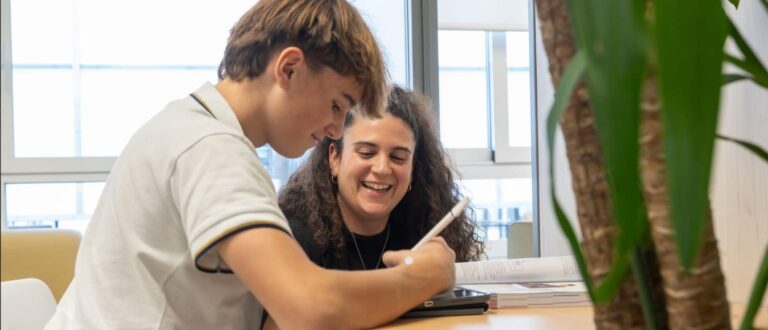Volunteering isn’t just a way to accumulate community service hours; it’s a transformative experience which can help Sixth Form students grow both academically and personally. As young individuals navigate the complexities of adolescence, engaging in volunteer work becomes a crucial avenue for growth and development.
Benefits of volunteering
Personal growth and character development
Participating in volunteer activities allows students to step outside their comfort zones and confront real-world challenges.
Whether it’s working with diverse communities, addressing social issues, or collaborating with others, these experiences nurture empathy, resilience, and a sense of responsibility.
Volunteering teaches them valuable life skills such as communication, teamwork, and problem-solving — attributes that go beyond the classroom and which are so important to hone in order to prepare for joining the world of both university and employment.
Broadening perspectives
Volunteering exposes students to a diverse array of experiences and perspectives. It provides a unique lens through which they can view the world, fostering cultural awareness and a deeper understanding of societal issues.
This exposure develops empathy and encourages open-mindedness and equips students with the ability to appreciate and respect differences, a skill invaluable in today’s interconnected global landscape.
Academic enrichment
Contrary to the misconception that volunteer work detracts from academic commitments, it often complements classroom learning.
Engaging in community service can enhance critical thinking skills as students encounter real-world scenarios that require thoughtful analysis and problem-solving.
Moreover, volunteering can inspire academic interests, leading students to discover passions they may not have encountered within traditional classroom settings.
University and career readiness
Universities all over the world and employers recognise the significance of volunteerism on a student’s resume.
Participation in community service showcases commitment, initiative, and a willingness to contribute beyond personal gain.
It distinguishes students in the competitive landscape of university admissions and job applications, emphasising qualities that extend beyond academic achievements.
Emotional Well-being
Volunteering often brings a sense of fulfillment and accomplishment. Knowing that their efforts contribute to positive change fosters a sense of purpose and self-worth.
As Wang & Graddy-Reed claim on A Systematic Review of Volunteerism and Well-Being, this emotional well-being can positively impact mental health, reducing stress and anxiety levels commonly associated with the pressures of high school life.
Establishing networks and building relationships
Volunteering provides students with the opportunity to connect with a wide range of individuals, from fellow volunteers to community leaders.
These connections can be valuable resources for mentorship, advice, and potential career opportunities. Networking at an early age can open doors and create a support system that extends far beyond high school.
Volunteering as an empowering tool
The benefits of volunteering for sixth form students are multifaceted. Beyond the altruistic aspect of giving back to the community, volunteering serves as a dynamic platform for personal growth, academic enrichment, and the cultivation of skills that are vital for success in both higher education and future careers.
Encouraging students to engage in volunteer work not only betters their communities but also shapes them into well-rounded individuals poised for future success.






